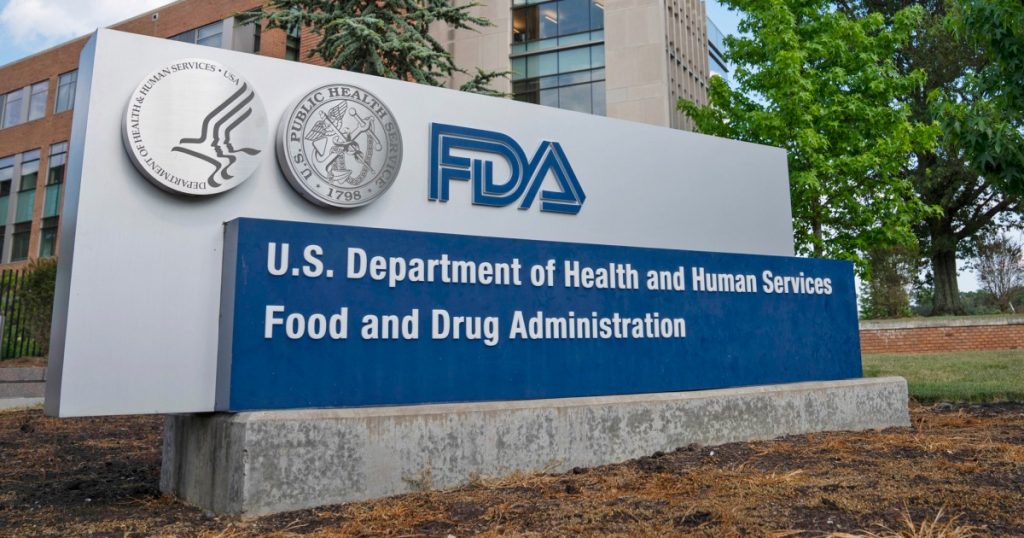When the Food and Drug Administration recently convened a committee of advisers to evaluate the Abbott cardiac device, TriClip G4 System, it was revealed that most committee members had received payments from Abbott or conducted research funded by the company. The “Open Payments” federal database showed that ten out of the fourteen voting members of the advisory panel had received payments totaling approximately $650,000 from Abbott. Despite these financial relationships, the panel almost unanimously voted that the benefits of the device outweighed its risks, leading to the FDA’s approval of TriClip.
While the payments from Abbott do not imply wrongdoing by the FDA, the committee members, or the device manufacturer, some critics argue that these financial relationships should have been disclosed at the meeting to ensure transparency and address potential bias. Dr. Joel Perlmutter, a former FDA advisory committee member, emphasized the importance of disclosing financial ties to maintain objectivity. However, the agency maintains that all committee members were screened for potential conflicts of interest and found to be in compliance with government requirements, ensuring the integrity of the process.
The FDA distinguishes between appearance issues and financial conflicts of interest when selecting advisory committee members. Candidates must disclose any financial interests that could create an appearance of bias in their decision-making. Despite guidelines in place, concerns are raised about the FDA’s approach to transparency, especially when committee members have received funding from the companies whose products they review. The agency’s handling of disclosures contrasts with more stringent disclosure rules at medical conferences where speakers must list their financial relationships over the past 24 months.
TriClip was designated as a “breakthrough” device by the FDA due to its potential to provide more effective treatment for certain heart conditions. Despite mixed findings from clinical trials, the advisory committee voted overwhelmingly in favor of the device’s safety and effectiveness. However, some members, like Dr. Paul Hauptman, expressed reservations about the effectiveness of the device and the need for further clarity on who would benefit the most from it. While some committee members, like Dr. Marc Katz and Dr. Mitchell Krucoff, voted in favor of the device despite concerns, others, like Dr. John Hirshfeld Jr., expressed hesitations about the data supporting the device’s efficacy.
The use of industry funding for research and financial relationships between doctors and medical device manufacturers continues to raise questions about the objectivity of FDA advisory committees. Critics argue that the agency’s transparency policy falls short in addressing potential biases that financial conflicts of interest may introduce. Despite these concerns, the FDA maintains that it follows appropriate procedures and regulations to vet advisory committee members, ensuring that they do not have conflicts of interest that could impact their decision-making. The approval of TriClip highlights the complexities of balancing medical innovation with the need for impartial evaluations of new devices and treatments.


